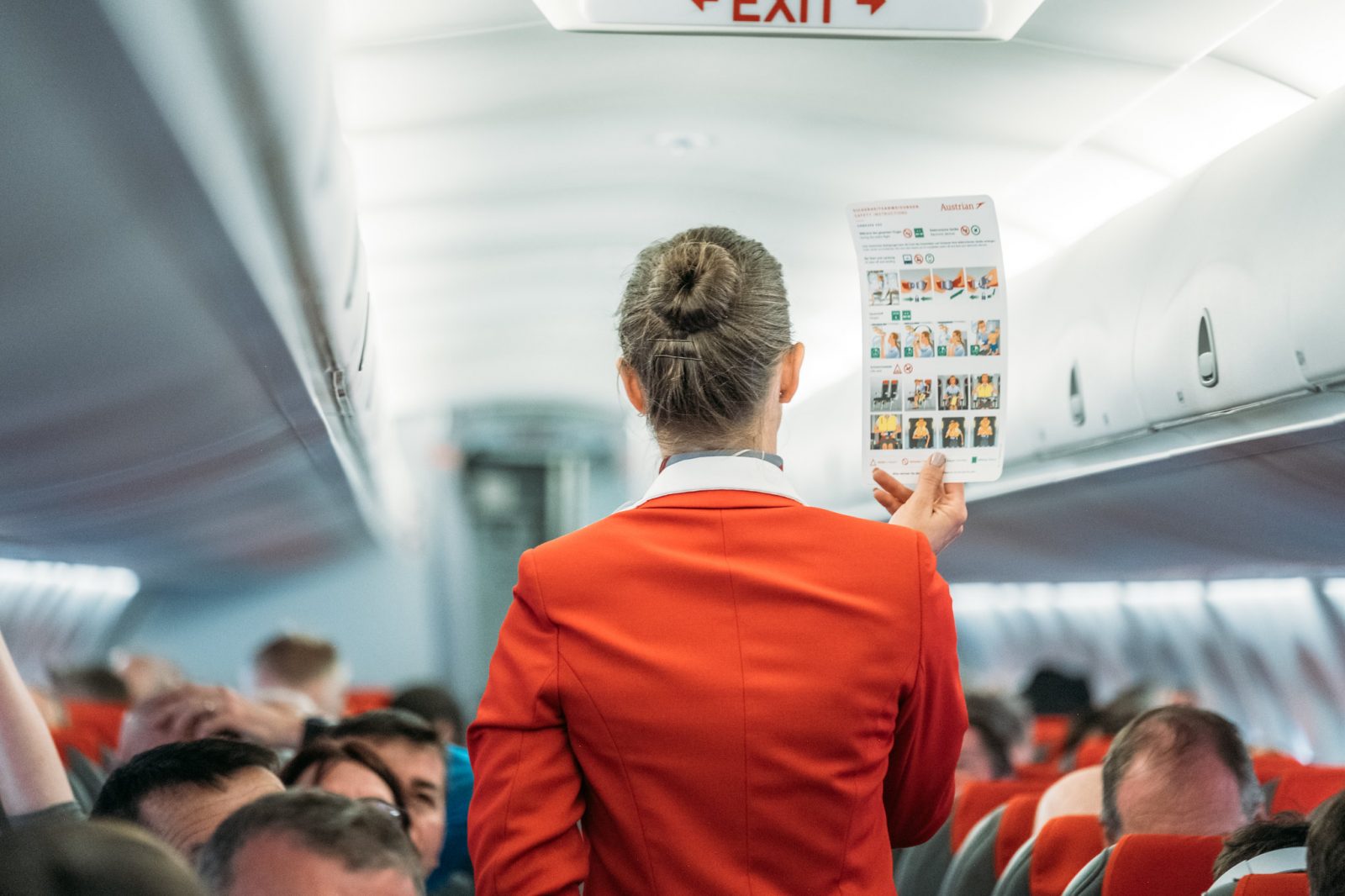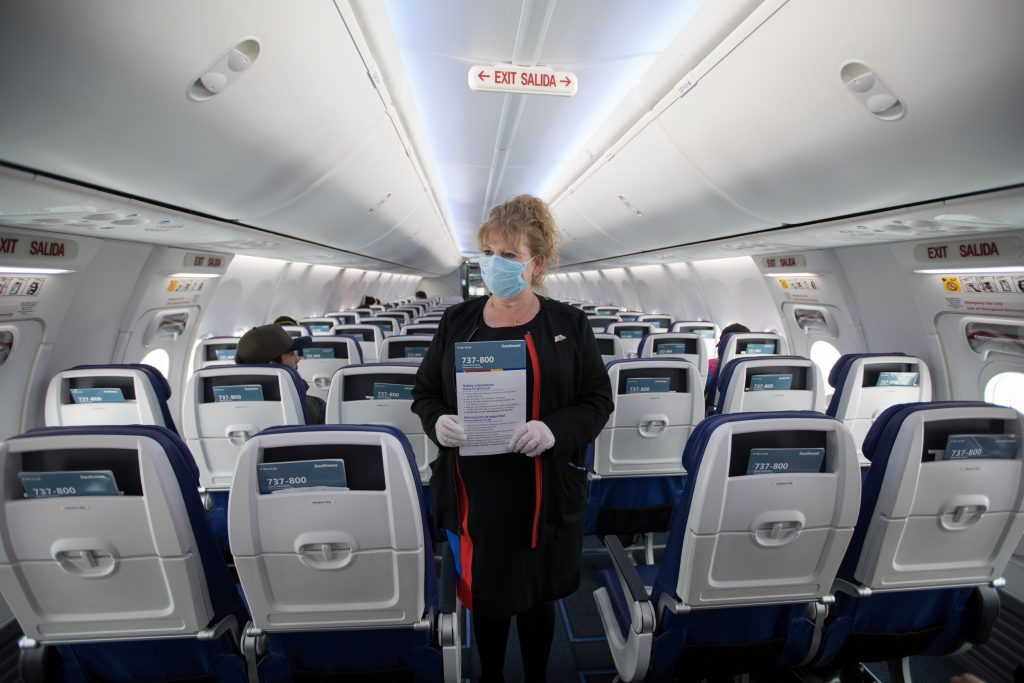
Global airlines have axed hundreds of thousands of jobs in the past few weeks and months in response to the massive slump in demand for air travel caused by the COVID-19 pandemic and many more jobs could be lost in the months ahead. Analysis by business news service Bloomberg (paywall) reveals 400,000 pilots and cabin crew have already been made redundant, furloughed or have been put on notice of losing their jobs.
The data, gathered from official airline press releases, as well as a number of other news sources, may only be the tip of the iceberg as many airlines have not publicly reported job losses or declined to disclose the exact numbers of staff who have been laid-off.

The data includes projected job losses for the three largest U.S. airlines – American, Delta and United Airlines, accounting for nearly 100,000 redundancies by the end of this year alone. American has already sent legal WARN notices to 25,000 employees, while United has put 36,000 workers on notice that they could either be laid-off or involuntarily furloughed.
In Europe, British Airways says as many as 12,000 employees or around a third of its total workforce could lose their jobs as the airline prepares for what it has described as “the biggest structural change” the aviation industry has ever witnessed. Air France may need to axe 6,000 workers but Lufthansa says it will be able to largely limit job losses by taking advantage of a government employee protection scheme and also encouraging workers to take part-time working.
Similar payroll support programmes will help Spanish airlines like Iberia retain staff. Finnair claims it won’t make any of its cabin crew redundant but they will keep staff on unpaid leave until demand picks up. Air India has faced criticism for a similar scheme to avoid redundancies while reducing its payroll costs.
The Middle East’s largest airline, Emirates is said to have potentially laid-off thousands of cabin crew and pilots over the last couple of months, although the carrier hasn’t released exact figures. Hundreds of jobs have also been lost at Qatar Airways and Etihad.
For staff who do get to keep their jobs, massive pay-cuts are on the cards. British Airways was labelled a ‘national disgrace’ over its plans to slash pay for some cabin crew by as much as 50 per cent and pilots at the Heathrow-based airline are voting on a deal that will see their basic pay temporarily cut by 20 per cent.
Cabin crew at numerous airlines around the world are being asked to take unpaid leave – whether that be voluntarily or forced upon them. U.S. carriers say uptake of such voluntary schemes will be crucial in preventing furloughs and redundancies. Southwest says it won’t need to make any furloughs for at least the rest of 2020 because of the success of its voluntary programs.
Both the Association of Flight Attendants (AFA-CWA) and the Association of Professional Flight Attendants (APFA), however, have refused to accept longterm concessions like pay cuts and changes to terms and conditions. “The problem is one of demand,” the two unions argued in a joint statement.
“Concessions cannot and will not resolve the crisis in the industry. We are putting management on notice: don’t even think about it,” the unions warned.
U.S. aviation workers have until at least October when federal payroll support comes to an end – a cliff edge that could prompt a tidal wave of redundancies. Unions across the United States are now desperately lobbying to extend that payroll support in order to support jobs through to March 2021. By that point, hopefully, the Coronavirus will be in decline and air travel demand has returned.
Mateusz Maszczynski honed his skills as an international flight attendant at the most prominent airline in the Middle East and has been flying ever since... most recently for a well known European airline. Matt is passionate about the aviation industry and has become an expert in passenger experience and human-centric stories. Always keeping an ear close to the ground, Matt's industry insights, analysis and news coverage is frequently relied upon by some of the biggest names in journalism.







